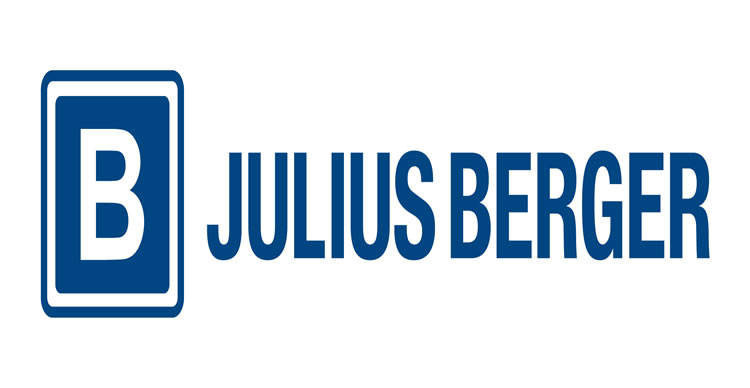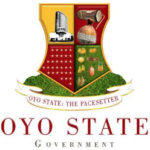Nigeria’s foremost engineering and construction company, Julius Berger Nigeria PLC, on Thursday, June 18, held its 2020 Annual General Meeting (AGM) and also marked its golden jubilee in the construction industry.
The meeting which was anchored from Abuja was virtually coordinated and directed by the company’s Chairman, Mutiu Sunmonu (CON), while shareholders participated from the company’s facility in Lagos.
In a statement, Julius Berger’s spokesman, Barr. Moses Duku, said at both locations, strict compliance with COVID-19 prevention protocols as prescribed by the Nigeria Centre for Disease Control (NCDC) were put in place and maintained.
Barr. Duku said, “Physical and social distancing measures proactively and measurably defined the sitting and speaking arrangements put in place for board members, shareholders, regulators, auditors, registrars and members of the media at the Abuja and Lagos venues of the meeting.”
The Managing Director of Julius Berger Nigeria PLC, Dr. Lars Richter, while addressing the board members and shareholders, recalled that the company arrived Nigeria as a Special Project Vehicle (SPV) in 1965 for the construction of the Eko Bridge in Lagos and was formally incorporated as a Nigerian company in February, 1970.
Dr. Richter said, “Since incorporation in Nigeria, Julius Berger has relentlessly worked with best international quality and top-notch engineering standards to become the country’s leading domestic construction company.
“This year, we celebrate five decades of achievement, and each of these five decades has been a building block to our success and growth.”
Richter christened the 1970s as the decade of many pioneering engineering and business firsts for the company in Nigeria, saying the first project completed outside of Lagos was the Laminga Dam in Plateau State and the contract for building the Tin Can Island Port, completed in 18 months stood out.
He said, “Julius Berger in the 1980s took a big leap forward as the company acquired and reliably completed major projects such as the initial infrastructure for the then new Federal Capital Territory (FCT), Abuja; the Jos Steel Rolling Mill; the Ajaokuta Steel Plant; the new Carter Bridge in Lagos; the Niger River Road Bridge and works for the Itakpe-Ajaokuta railway project, thus establishing itself firmly as a key contributor to Nigeria’s development.”
Dr. Richter referred to the next phase of the company’s growth, the early 2000’s, as “the golden years in which the company expanded its reputation and reach, achieving International Organisation for Standardisation (ISO) certification and working on landmark projects such as the Central Bank of Nigeria (CBN) head office, the Escravos Gas-To-Liquids (GTL) plant, the Tinapa Business Centre, the National Stadium and Velodrome in Abuja and more.”
He further said the late 2000’s heralded a greater focus on innovation and technology where new construction methodologies were pioneered on projects, including trenchless pipe-jacking in Akwa Ibom State and cable stay technology for the Admiralty Alexander Bridge linking Lekki and Ikoyi districts in Lagos.
He said the company ended the last decade on a high as it closed the 2019 financial year with great success, achieving an increase in turnover of 37 per cent, and added that, “It is notable to mention that no Julius Berger staff has lost their job due to COVID-19. The management’s priority was not only to protect the health of all staff, but also to protect their livelihood”.

 Join Daily Trust WhatsApp Community For Quick Access To News and Happenings Around You.
Join Daily Trust WhatsApp Community For Quick Access To News and Happenings Around You.


